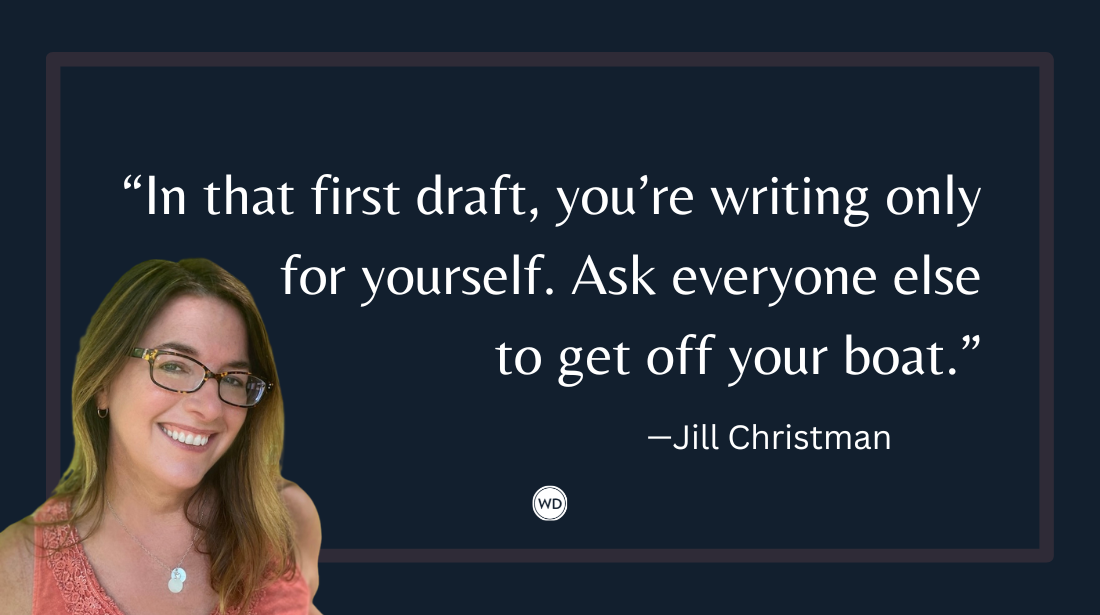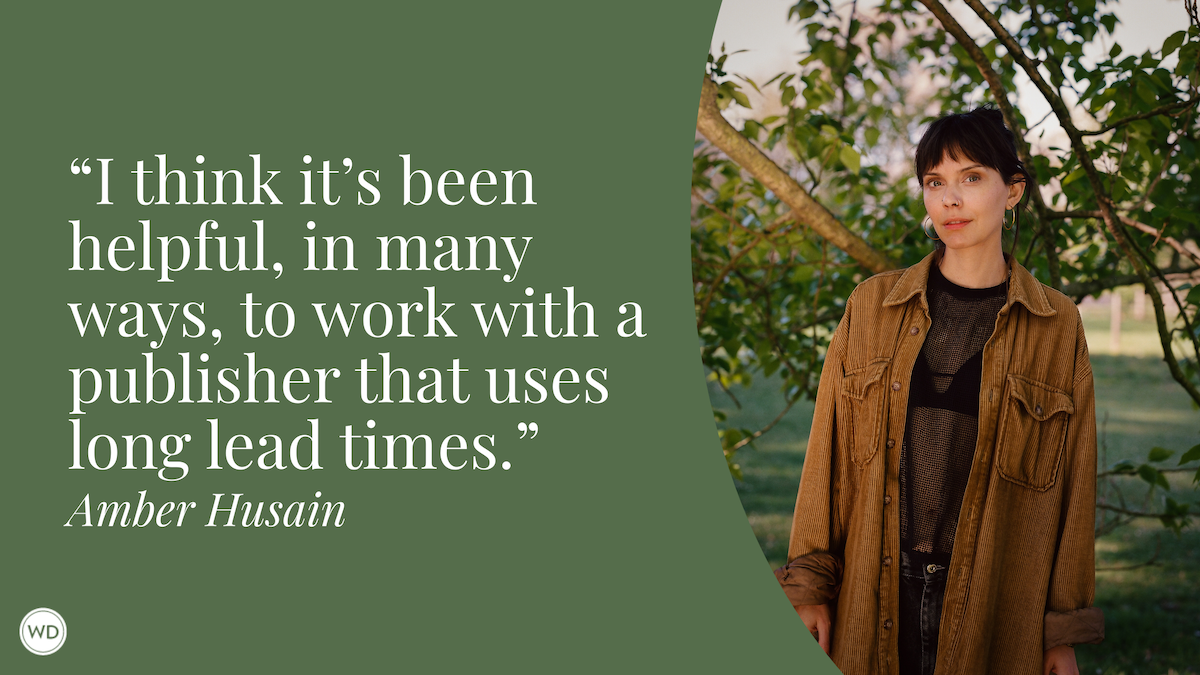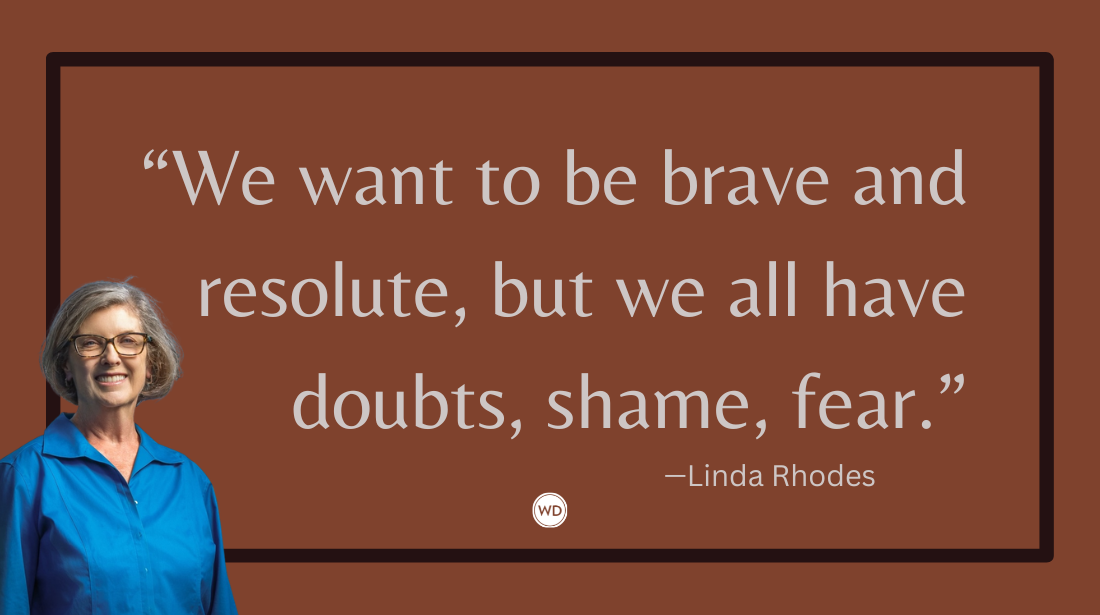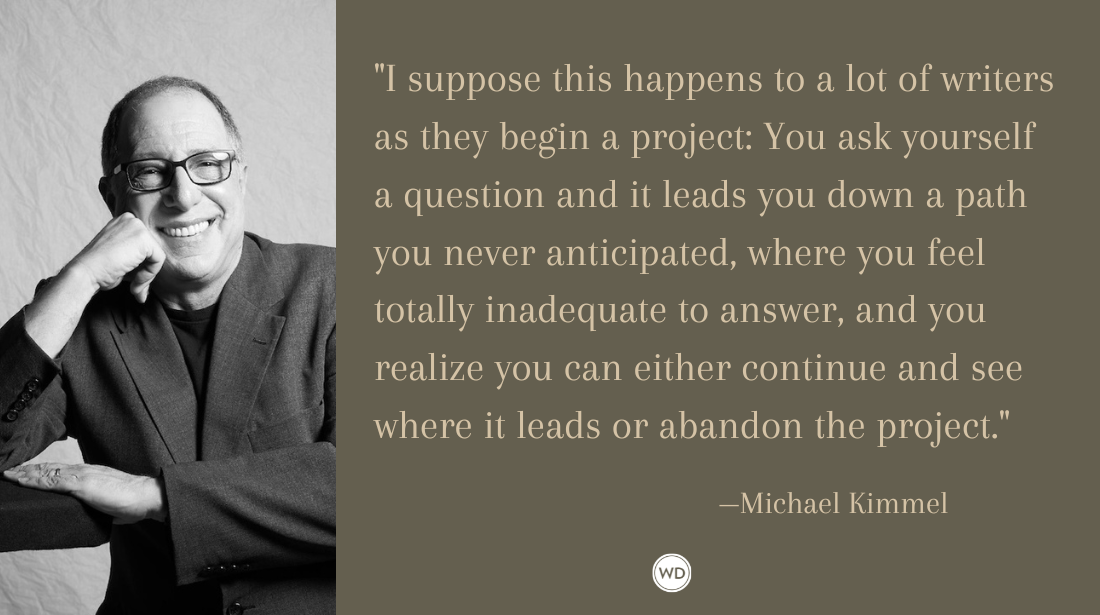The Right Word for the Write Job
Finding the right word can help strengthen your manuscript while adding your own voice and personal style to the piece.
If you ever doubt that one word can make a difference, consider some of the great examples of political rhetoric and how much less rallying and rousing they would have been without the right word. "Taxation without representation is tyranny" made a fine slogan in the cause of American independence; if the colonists had been told that "taxation without representation is terrible," we might still be flying the Union Jack. Similarly, Patrick Henry entered the history books with "Give me liberty or give me death," but might be less remembered today if he'd announced instead, "Give me liberty or give me my demise."
Finding just the right word can lift your prose beyond the ordinary, bring your sentences to life, and make your nonfiction as compelling and dramatic as the most pulse-ponding novel. Your words are your tools, and as writers in the English language we're blessed with perhaps the finest writer's toolkit on the planet. But to make the most of the opportunities afforded us by the language of Shakespeare, we must make every word count.
The right words make all the difference in this passage by Edward Hoagland, from an essay on aging and suicide titled "Heaven and Nature":
People not only lose faith in their talents and their dreams or values; some simply tire of them. Grow tired, too, of the smell of fried-chicken grease, once such a delight, and the cold glutinosity of ice cream, the boredom of beer, the stop-go of travel, the hiccups of laughter, and of two rush hours a day, then the languor of weekends, of athletes as well as accountants, and even the frantic birdsong of spring—red-eyed vireos that have been clocked singing 22,000 times in a day.
From these two sentences alone we can see many of the secrets of picking just the right word. The right word is specific, not generic ("vireos" rather than "birds"), precise rather than vague ("glutinosity," "languor," "frantic," "clocked"). Freshness makes the phrase: "hiccups of laughter" (not the tired "peals of laughter"), "the stop-go of travel." And there's something to be said for alliteration in the music of words: "the boredom of beer," "athletes as well as accountants."
Setting a scene swiftly
Nowhere is there more of a premium on picking the right word than writing description. When you're struggling to paint a scene or recreate a setting, every word must do its part. Drone on with too many, substituting quantity for quality, and your readers' attention will flag.
Here's how Jon Krakauer set his treacherous scene atop Mount Everest in "Into Thin Air," originally published in Outside magazine:
The uppermost shank of the Southeast Ridge is a slender, heavily corniced rim of rock and wind-scoured snow that snakes for a quarter-mile toward a secondary pinnacle known as the South Summit.
Notice again the specificity of his language: "corniced," "scoured." Krakauer's nouns, too, work hard, packing layers of meaning: "shank," "rim," "pinnacle." And how much more effective and evocative is "snakes" instead of some more generic verb, such as "runs" or "goes?"
Sports Illustrated writer Gary Smith opened a story called "Ali and His Entourage" with this tour-de-force of description:
Around Muhammad Ali, all was decay. Mildewed tongues of insulation poked through gaps in the ceiling; flaking cankers pocked the painted walls. On the floor lay rotting scraps of carpet.
With just 30 words, Smith sketches his scene so vividly you almost want to turn away: "mildewed tongues," "flaking cankers." Look at his potent verb choices: "poked," "pocked." Read it aloud to appreciate the inner music of the words, the harsh "k" sounds of "flaking cankers pocked."
Sharpen your similes
Metaphors and similes can say mouthfuls with just a word or two. Freshness counts here, too. Avoid cliches (here are some cliche examples). Reach for the comparison that paints precisely the scene you saw. For example, here's how Annie Dillard describes the setting in an essay called "Total Eclipse":
The sun's blue was deepening, but there was no darkness. The sun was a wide crescent, like a segment of tangerine.
Can you see and feel how exactly right the word "tangerine" is in that description? "A segment of tangerine" suggests shape, orange color and a certain vividness. And the word "tangerine" is unexpected—it gets your attention more than "a segment of orange" would.
Or think about how to describe the gray, twisting part of a tornado. What metaphor comes to mind? For Gretel Ehrlich, in "The Solace of Open Spaces," it's an elephant's trunk:
There have been tornadoes. They lay their elephant trunks out in the sage until they find houses, then slurp everything up and leave.
The metaphorical "elephant trunks" is perfect, of course, but so is the verb she uses to extend the comparison: "slurp."
Verbal innovation
That "slurp" shows the power of picking the right verb. "Suck" would have been all right in that sentence, or Ehrlich might have settled for "then wreck everything and leave." But "slurp," with its, well, slurpy sound and suggestion of an animal eating makes the comparison complete.
Choosing the right verb doesn't have to mean verbal overkill, either. Sometimes the right verb is understated yet dead on, as in this line from John McPhee's description of a tennis match, published in Playboy:
Rosewall is on the Number Eight Court, anesthetizing Addison.
Not merely "defeating" or even a hyperbolic "demolishing," but "anesthetizing." He's putting him out; there's no defense; the opponent is going under like T.S. Eliot's "patient etherized upon a table."
Still stumped? Whatever part of speech you're grappling with, if the dictionary defeats you and you simply can't find the right word, you can always make one up. You can even make up a whole string of words, as Ernest Hemingway did in this 1937 news dispatch from the Spanish Civil War:
The rifles go tacrong, capong, craang, tacrong, and then a machine gun opens up. It has a bigger caliber and is much louder, rong, cararong, rong, rong.
Who's to say "tacrong" and "capong" aren't words? They're certainly the right words here.
Don't rely on a thesaurus
Picking just the right word that fires up your phrases isn't an exercise in flipping through the dictionary, though, or even the thesaurus. In fact, though your thesaurus can be helpful, you should be careful not to turn your writing into a vocabulary lesson. Use reference books only to stimulate your thinking and break through mental roadblocks, not to pepper your prose with oddities.
Instead of wearing out your thesaurus, prepare yourself for finding the right word by:
• Reading widely and voraciously. Reading fills your head with words you can later pull out when you need them in your writing. Reading the best writers, fiction and non-, shows your subconscious the goal you're trying to achieve.
• Demanding the details. The right word is specific, never vague or general. For the nonfiction writer, getting the right word starts with precise notetaking.
• Polishing your copy in multiple passes. Don't try to do all your revision in a single sitting. Read over your own work several times, once for each key chore, and devote one revising session simply to challenging your own word choices. Ask yourself: Is this the right word? Is this the best word? Does it say what I mean?
• Rooting out cliches and tired phrases. Familiar is almost always weaker when it comes to word selection. If it sounds like something you've heard before, force yourself to make it fresher.
Take the time to pick the right words, and you'll see how a few carefully chosen words can turn good writing into great writing. Besides, you'll write only so many words in your writing life—shouldn't you make the most out of every one?









